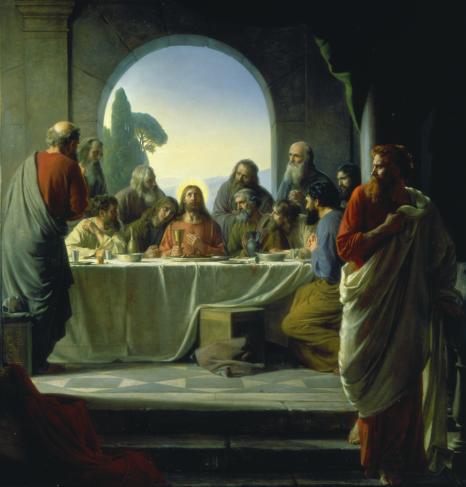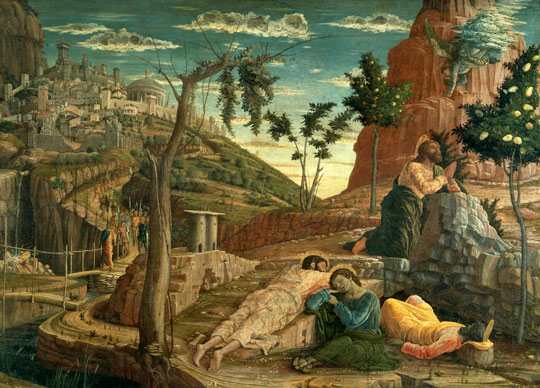Ms. Juliette Hughes makes a big opinion splash out of the mess in St. Mary's Brisbane parish. It's a rather judgmental piece, which is ironic, and it's also loose with facts, which is.. well.. perhaps standard fare for too many writers when the topic is religion. Her piece revealed too many misconceptions about the Catholic faith, and I sincerely pray for her and her parish priest and/or bishop. They should get together and clarify some rather pressing issues. Foremost of these was the disastrous confusion between love and tolerance.
Tolerance is a postmodern buzz-word. It falls horribly short as a noble cause. Tolerance is about "live and let live". It makes rubbish of responsibility (there is no sense of it) while allowing everyone to feel good about themselves. Love goes much further. Love means accepting an appropriate amount of responsibility. Love means caring beyond the feelings of the loved one. Otherwise, the latter may feel wonderful about their lives while harming themselves in various ways. Leaving them in such a state is not love. Encouraging them to remain in that state is not love. What Ms. Hughes should really be considering are the Catholicism's claims in the case of St. Mary's. She does not sound interested. She dismisses the bishop's views with one short quote.
She prefers tolerance to love. But rejecting love in favor of tolerance rejects so much more: sin (the absence of which accounts for why tolerance must be infinite), forgiveness (since there is no forgiveness if there is no such thing as sin), correction (nothing to correct, eh?), healing (what's to heal if everything is fine?), salvation (if there is no sin, what is there to save us from?). No, ma'am, tolerance ain't love. Ask any parent and they'll tell you. If they've ever had to compel their child away from something clearly harmful, which their child did not understand as being so, they'll tell you: their children deserve love, not tolerance.


